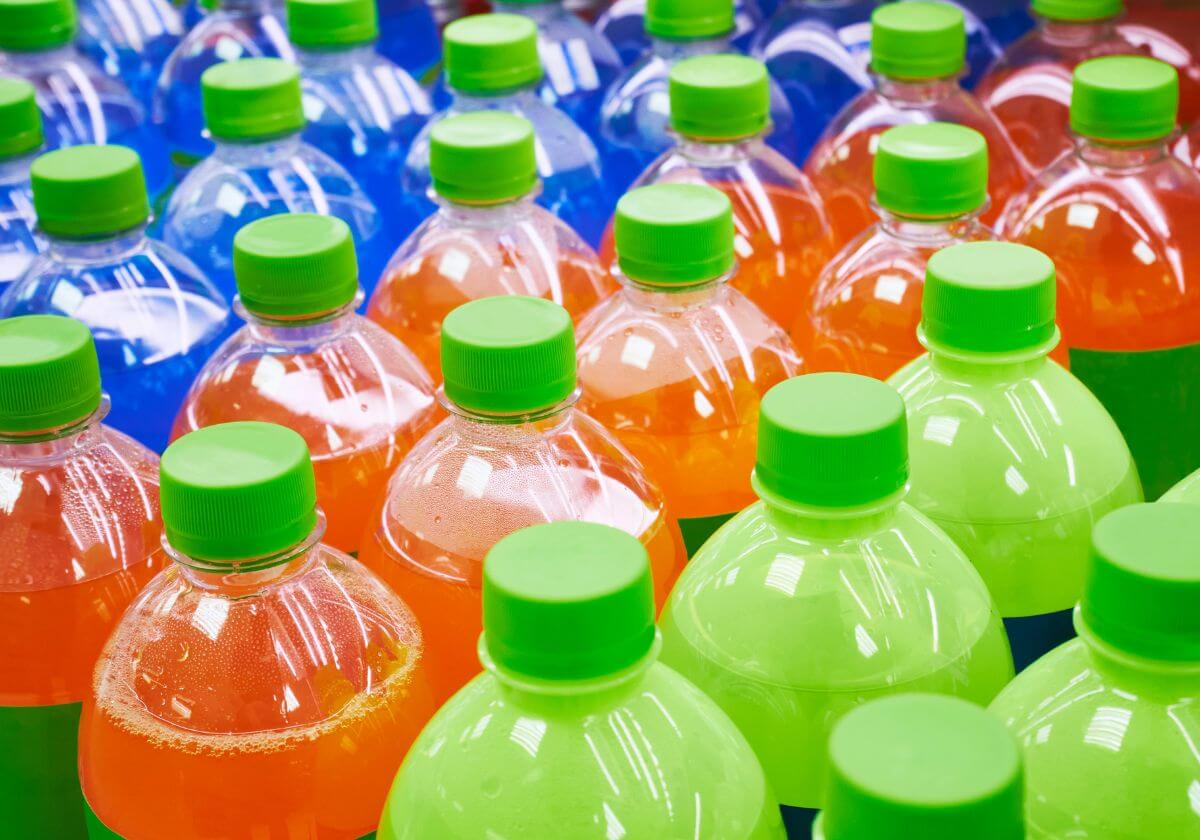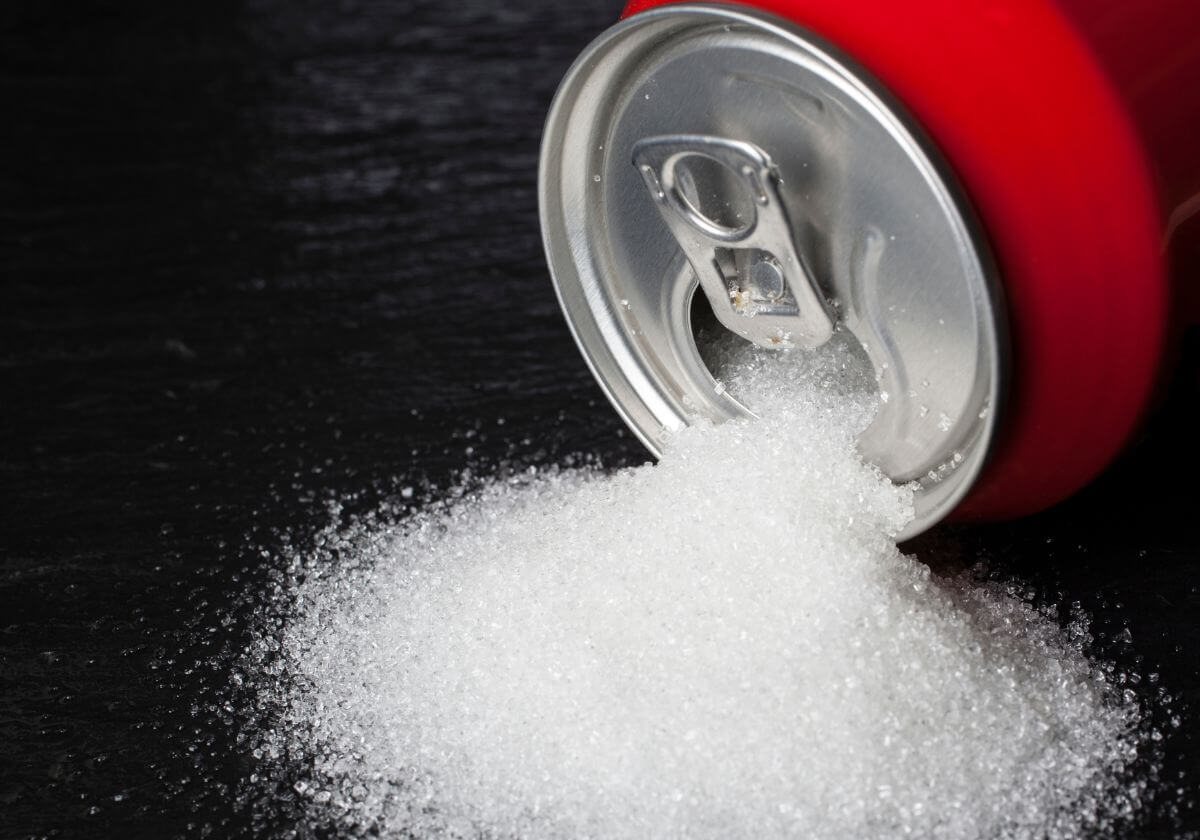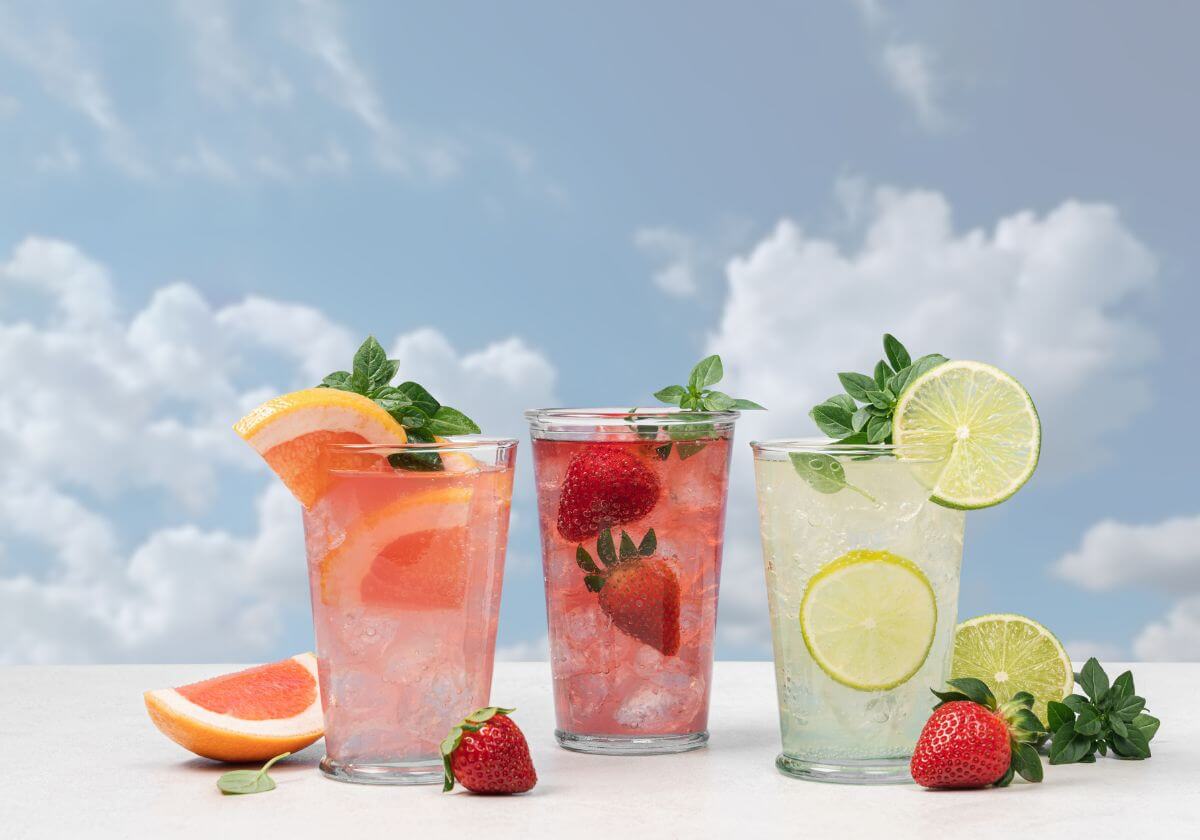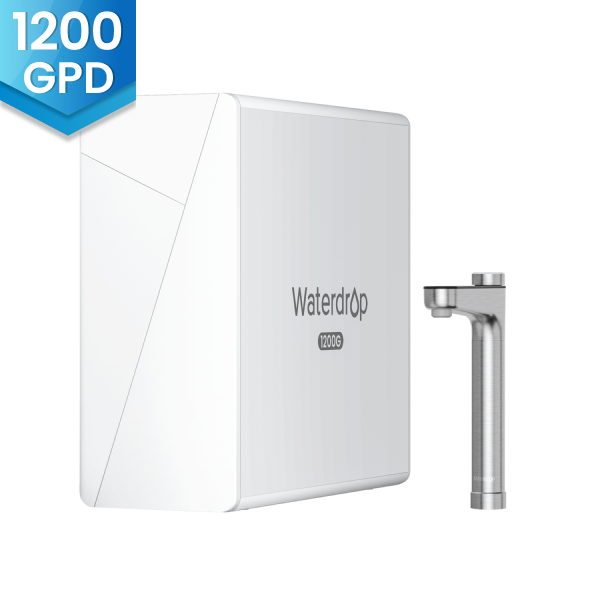Food and beverage companies have consistently looked for new ways to appeal to
health-conscious consumers. About 25 years ago, they came up with the idea of combining soluble vitamins with
purified water to create what appears to be a healthy beverage. After all, the body needs vitamins and water to
stay healthy, so the concept made a lot of sense to consumers.
The Common Assumption Regarding Vitamin Water
Many of the vitamins found in vitamin water are essential antioxidants that the
body’s immune system needs to eliminate toxins and fight off viruses. And, of course, water assists the body in
removing toxins & wastes, lubricating the joints, regulating the internal body temperature, and delivering
nutrients to cells.
Therefore, it is easy to understand why consumers would think that vitamin water is
a healthy and nutritious beverage. Not only does it contain
purified water to hydrate the body, but it also contains
critical vitamins like C, A, B12, B6, B5, and B3 to keep the body strong and functional.
However, if you ask any licensed nutritionist or doctor about whether vitamin water
is healthy, they may give you a surprising answer that differs from the public’s common assumption. That is why
we will take a deeper look into vitamin water to determine if it is truly healthy or not.
The first and foremost ingredient in vitamin water is reverse osmosis (RO) water.
The RO process is a type of filtration that produces clean and healthy drinking water. If you want to know more
about reverse osmosis water filters, click here to get more information:
Best Reverse
Osmosis Water Filtration Systems of 2024 .
The Variety of Vitamin Water Products
The
Coca-Cola Company owns the most popular vitamin water company, Energy Brands (aka. Glacéau), which
created the first line of vitamin water products in the year 2000. Since then, vitamin water sales have spiked
considerably and created a whole new beverage category for consumers.
Today, you can find vitamin water products with a variety of flavors, vitamins, and
sweeteners . The
most popular flavors include orange, blueberry, watermelon, lemonade, and dragon fruit. Some of the vitamin
water products have sugar in them, while others have natural or artificial sweeteners as substitutes for sugar.
For example, a 20-ounce bottle of açai blueberry pomegranate vitamin water has 26
grams of added sugar. But if you were to choose the “zero sugar” version of the same drink, it would have
plant-based sweeteners like stevia leaf extract and erythritol instead of added sugar. Does that mean the
zero-sugar version is healthier? It may be more nutritious in some ways, but it is still not the healthiest
drink to consume.
Beware of Sugars and Sweeteners
People who do not generally like drinking water may feel compelled to drink vitamin
water because it has a sweeter and richer taste than ordinary water. But like most foods and beverages with
added flavor-enhancing ingredients, vitamin water is not as healthy as people think.
It should be no surprise that added sugars are harmful to the body. Any food or
beverage product with a high amount of added sugar could lead to the development of diabetes,
metabolic disorders ,
depression, cognitive issues, cardiovascular disease, and cancer. Unfortunately, most vitamin water bottles have
nearly 30 grams of sugar in each one, making them almost as unhealthy as regular soda.
Now, you may think the artificial sweeteners in zero-sugar vitamin water bottles
are better due to their lack of sugar. However, many added sweeteners and flavorings are still unhealthy to
consume because they have been found to cause headaches, diarrhea, gastrointestinal disorders, diabetes,
digestive issues, and an increased risk of cancer.
Excessive Vitamin Consumption Is Bad
Consuming too many vitamins at once will not make you healthier because most of
them will come out with your urine before the body has a chance to absorb them all. So even though a 20-ounce
bottle of vitamin water has 200% daily value of Vitamin C and 100% daily value of Vitamins B6 and B12, it does
not mean your body will absorb the total amounts of those daily values.
As a result, your body does not get to enjoy the health benefits of all the
vitamins that have been infused into the vitamin water because it will flush most of them out of your body. But
if you desperately need to absorb a variety of different essential vitamins quickly, it would be healthier to
consume a multivitamin capsule or pill with a meal.
Mother Nature wants people to consume vitamins in much smaller doses than those
found in vitamin water bottles. That is what happens when you consume natural foods like fruits and vegetables
because your body’s metabolism spends more time breaking down the food and absorbing its nutrients. Plus, when
you take a multivitamin with food, your body is tricked into digesting the multivitamin at the same pace as
food.
The Benefits of Vitamin Water
You may wonder if there are any advantages to drinking vitamin water. Here is a
rough breakdown of the pros of vitamin water:
Made with Filtered Water
The water content in most vitamin water products is purified through the
reverse osmosis
filtration process. Reverse osmosis is a reliable water purification method because it removes most
contaminants and impurities from the water, such as bacteria, prescription drugs, pesticides, and arsenic. That
makes it potentially healthier than the tap water supplied by city utility companies.
Delicious Taste
Many consumers care about the taste of their beverages, which is one of the reasons
why vitamin water products are so successful. Perhaps the most popular benefit of vitamin water is its delicious
taste. You can choose from several flavored vitamin water options that will surely satisfy your tastebuds.
Better Than Fruit Juices and Soft Drinks
Vitamin water is a better alternative to fruit juices and soft drinks because it
contains less sugar and unnatural ingredients. Fruit juices and soft drinks are heavily processed and loaded
with excessive sugars and chemical-based ingredients that have names most people cannot pronounce.
Some Nutritional Value
You may enjoy some nutritional value from consuming vitamin water due to all the
vitamins and minerals in it. Even though your body may flush most of them out, the ones that are absorbed will
be beneficial to your health.
The purified water, delicious taste, and moderate nutritional value may persuade
some people to consume vitamin water. But do these benefits outweigh its disadvantages?
The Disadvantages of Vitamin Water
Most people would be shocked to learn about all the potential health issues
associated with vitamin water consumption. Here is a breakdown of the disadvantages of drinking vitamin water to
give you some deeper insight into it:
Sugars and Sweeteners Cause Adverse Health Effects
All vitamin water products have either added sugar or sweeteners, both of which
have the potential to cause minor to severe health issues if consumed too often.
Potential Weight Gain
Consuming sugary vitamin water beverages will likely cause you to gain weight.
Medical research even suggests that artificial sweeteners can increase sugar cravings, so a zero-sugar version
of vitamin water may not prevent weight gain either.
Could Worsen Immune Health
Some food companies use
genetically modified
organisms to produce artificial sweeteners for their zero-sugar vitamin water products. Some medical
studies have found that GMO consumption can lead to antibiotic resistance and poor immune health, causing a
person to be at greater risk of disease.
Not All Essential Nutrients Are Present
Most vitamin water products have excessive amounts of Vitamin B and C but lack many
of the other essential nutrients the body needs to function and stay healthy. So, even if your body could absorb
all the nutrients in vitamin water, you still would not be getting all the essential nutrients to satisfy the
recommended daily nutritional intake.
The disadvantages of drinking vitamin water outweigh the advantages. That should
make it easier to choose between vitamin water and ordinary water.
The Verdict
Overall, vitamin water is not a healthy beverage to consume regularly. Natural
water is the best beverage to drink because it is 100% beneficial to the body and causes no side effects or
adverse health effects. The same cannot be said for vitamin water.
Anytime a food company adds ingredients to water, even if they appear to be healthy
ingredients like vitamins, it is no longer water anymore. You must stick to nature by consuming fresh water with
no added ingredients. By doing this, you can enjoy all the health benefits associated with water while avoiding
the negative consequences of drinking vitamin water.
That does not mean you should neglect your daily vitamin intake. As mentioned
above, try eating more nutrient-rich fruits and vegetables to enjoy the maximum health benefits associated with
vitamins and antioxidants. Multivitamin supplements are okay to take as well, but they should never replace a
well-balanced diet.























































































































